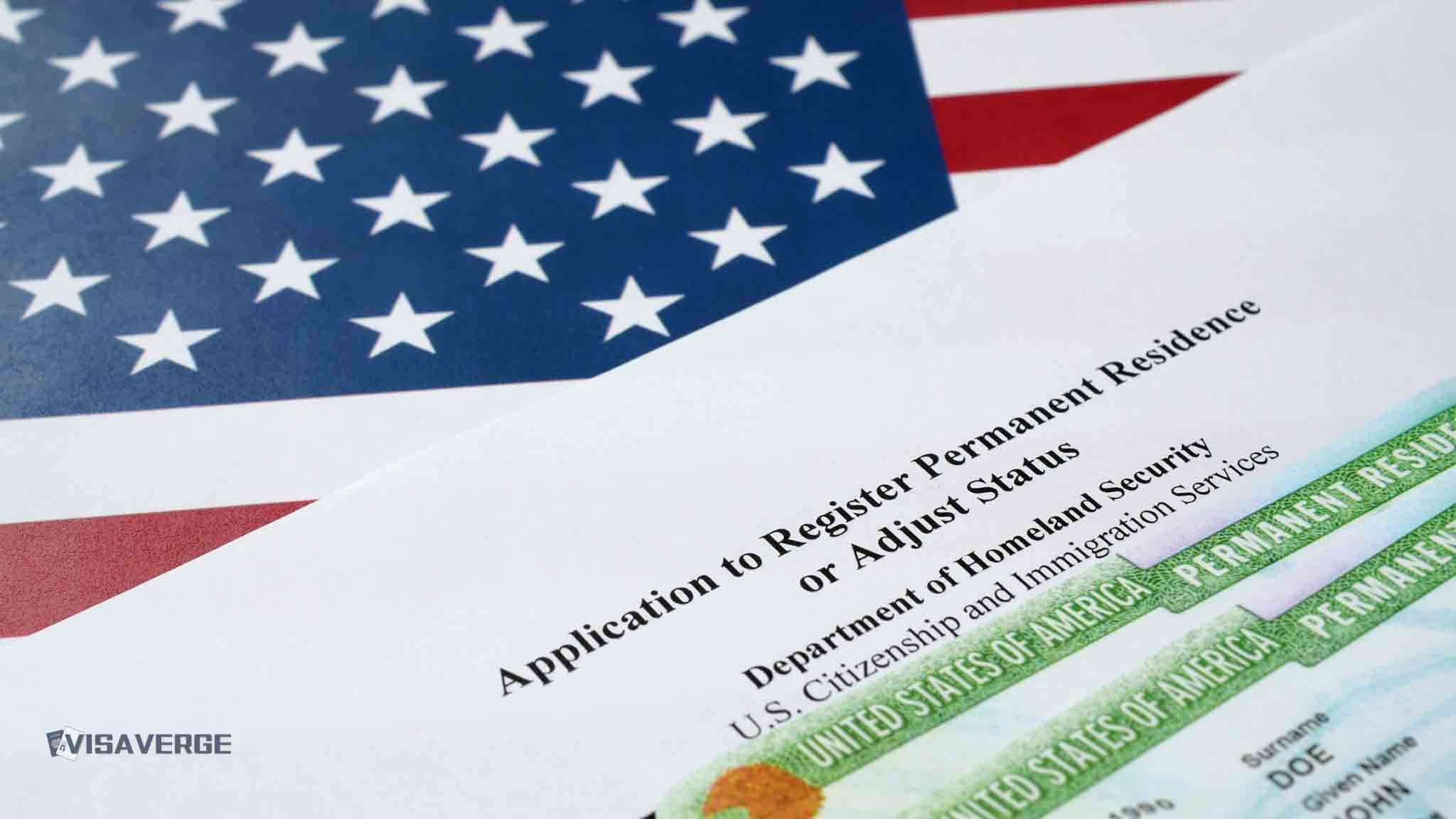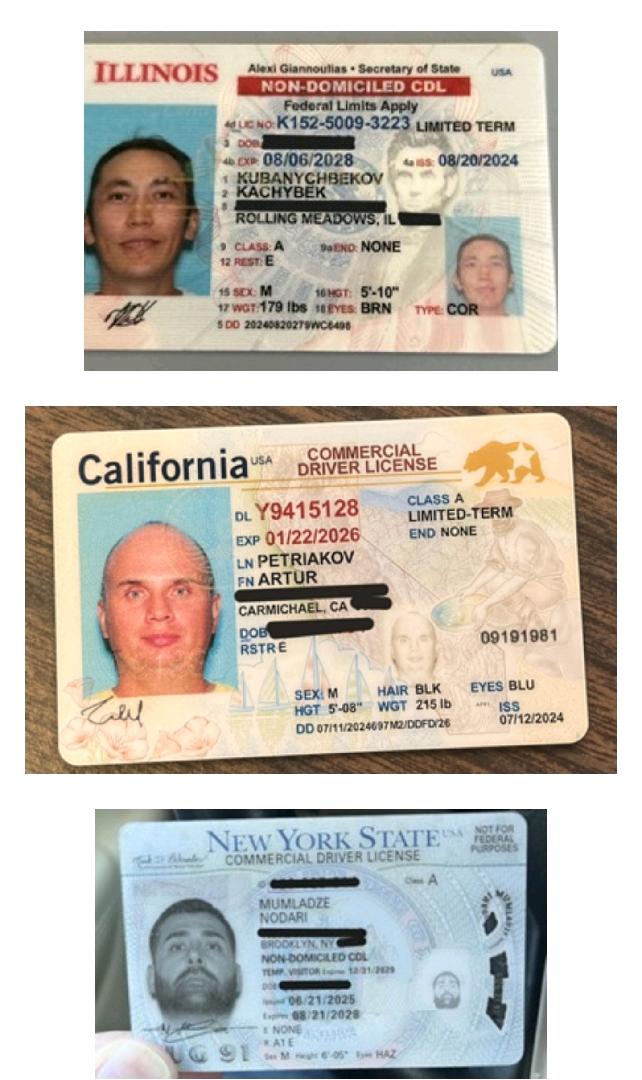Key Takeaways
• USCIS issued new Form I-9 edition January 20, 2025, expiring May 31, 2027.
• Employers must update electronic systems by July 2025 and train HR staff.
• Certain DED-related Employment Authorization Documents extended until February 5, 2027.
The United States 🇺🇸 Citizenship and Immigration Services (USCIS) regularly updates its forms and procedures to reflect changes in law, policy, and best practices. One of the most important forms in the employment verification process is Form I-9, which every employer in the United States 🇺🇸 must use to confirm the identity and work authorization of new hires. This analysis examines the latest developments regarding Form I-9, focusing on the new edition dated January 20, 2025, and its implications for employers, employees, and other stakeholders. The discussion will cover the purpose and scope of these changes, the methodology used to gather and present the information, key findings, data presentation with visual descriptions, comparisons and trends, evidence-based conclusions, and limitations of the current knowledge.
Purpose and Scope

The primary purpose of this analysis is to provide a clear, detailed, and objective overview of the recent updates to Form I-9, including the new edition date of January 20, 2025. The scope includes:
- Explaining the changes made to Form I-9 and their practical effects
- Outlining the responsibilities of employers and employees under the new rules
- Presenting relevant data, dates, and statistics
- Comparing the new edition with previous versions
- Discussing trends and possible future developments
- Highlighting the perspectives of different stakeholders
- Identifying limitations and areas for further monitoring
This content is intended for employers, HR professionals, employees, immigration advocates, and anyone interested in employment verification and immigration compliance in the United States 🇺🇸.
Methodology
The information presented here is based on official announcements and documentation from USCIS, as well as analysis from reputable immigration news sources such as VisaVerge.com. The methodology includes:
- Reviewing the official USCIS website and Form I-9 Central for the latest updates
- Analyzing the official Form I-9 and its instructions
- Summarizing key points from government press releases and policy updates
- Integrating expert commentary and stakeholder perspectives
- Presenting data in a clear, accessible format with visual descriptions for readers
All information is factual, up-to-date as of the time of writing, and attributed to official sources where appropriate.
Key Findings
- USCIS released a new version of Form I-9 with an edition date of January 20, 2025, and an expiration date of May 31, 2027.
- The new form includes minor but important changes, such as renaming the fourth checkbox in Section 1 and updating descriptions of certain List B documents.
- Employers must start using the new Form I-9 by July 2025 if they use electronic versions.
- Certain Employment Authorization Documents (EADs) related to Deferred Enforced Departure (DED) have had their validity extended until February 5, 2027.
- The changes reflect ongoing efforts to improve clarity, accuracy, and compliance in the employment verification process.
Data Presentation and Visual Descriptions
To help readers understand the changes and requirements, the following sections present key data and visual descriptions.
Table 1: Key Dates for Form I-9
| Event | Date |
|---|---|
| New Form I-9 Edition Date | January 20, 2025 |
| New Form I-9 Expiration Date | May 31, 2027 |
| Previous Edition Date | August 1, 2023 |
| Deadline for Employers to Update Electronic Systems | July 2025 |
| EAD Extension for DED-Related EADs | February 5, 2027 |
Visual Description:
Imagine a timeline stretching from August 1, 2023, to May 31, 2027. The previous edition of Form I-9 starts the timeline, with a clear marker on January 20, 2025, when the new edition becomes available. Another marker appears in July 2025, indicating when employers must switch to the new form for electronic systems. The timeline ends at May 31, 2027, the expiration date of the current form, with a special note for certain EADs extended to February 5, 2027.
Table 2: Main Changes in the January 20, 2025 Edition
| Section | Previous Version | New Version (Jan 20, 2025) |
|---|---|---|
| Section 1 Checkbox | “A noncitizen authorized to work” | “An alien authorized to work” |
| List B Documents | Descriptions used “gender” | Now uses “sex” |
| Instructions | Older DHS Privacy Notice | Updated DHS Privacy Notice |
Visual Description:
Picture a side-by-side comparison, like two columns in a chart. On the left, the old terms and descriptions; on the right, the new, updated language. The changes are highlighted in bold, making it easy to spot the differences.
Comparisons, Trends, and Patterns
Historical Development of Form I-9
Form I-9 has been a key part of the employment process in the United States 🇺🇸 since 1986, when the Immigration Reform and Control Act (IRCA) made it mandatory for employers to verify the identity and work authorization of all new hires. Over the years, the form has been updated several times to reflect changes in law, policy, and technology.
- Early versions focused on basic identity and work authorization checks.
- Later updates added more detailed instructions, expanded lists of acceptable documents, and improved anti-discrimination language.
- Recent trends include digitalization, integration with E-Verify, and ongoing efforts to clarify language and document requirements.
The January 20, 2025 edition continues this pattern by making small but meaningful changes to the form’s language and instructions.
Trends in Document Verification
One notable trend is the shift from using the term “gender” to “sex” in the descriptions of List B documents. This change aligns with broader efforts across government agencies to standardize terminology and improve accuracy in identity verification.
Another trend is the ongoing extension of certain EADs, particularly those related to DED, which provides temporary protection from deportation for certain groups. By extending the validity of these EADs, USCIS aims to reduce administrative burdens and provide stability for affected workers.
Employer and Employee Responsibilities
Employers are under increasing pressure to stay up-to-date with the latest forms and procedures. Failure to use the correct version of Form I-9 can result in fines and other penalties. Employees, meanwhile, must ensure that the documents they provide match the updated descriptions and requirements.
Evidence-Based Conclusions
Based on the data and analysis, several conclusions can be drawn:
- The January 20, 2025 edition of Form I-9 introduces minor but important changes that all employers and employees must understand.
- Employers must update their electronic systems and train HR staff to ensure compliance by July 2025.
- Employees should review the new form and document requirements to avoid delays or issues during the hiring process.
- The extension of certain DED-related EADs until February 5, 2027, provides continued work authorization for eligible individuals.
- These changes are part of a broader trend toward refining and clarifying employment verification procedures in the United States 🇺🇸.
Step-by-Step Procedures for Employers and Employees
To ensure compliance with the new Form I-9, employers and employees should follow these steps:
For Employers
- Download the New Form
Access the updated Form I-9 from the official USCIS website. -
Update Electronic Systems
If you use electronic versions of Form I-9, ensure your systems are updated to the new edition by July 2025. -
Train HR Staff
Provide training on the changes to the form, including the new language in Section 1 and updated document descriptions. -
Complete the Form for New Hires
Ensure all new employees complete the updated Form I-9. -
Verify Documents
Check that the documents provided by employees match the updated descriptions in the Lists of Acceptable Documents.
For Employees
-
Review the New Form
Familiarize yourself with the updated Form I-9, especially the language in Section 1. -
Gather Required Documents
Make sure the documents you provide for verification are current and match the updated descriptions. -
Ask Questions if Needed
If you are unsure about any part of the form or the required documents, ask your employer or contact USCIS for guidance.
Practical Implications for Stakeholders
Employers
- Compliance: Using the correct version of Form I-9 is essential to avoid penalties.
- Documentation: Employers must ensure that all new hires complete the updated form and provide acceptable documents.
- Training: HR staff need to be trained on the new requirements to prevent errors.
Employees
- Awareness: Employees should be aware of the changes to avoid delays in the hiring process.
- Documentation: Providing the correct documents is crucial for successful employment verification.
Immigration Advocates
- Policy Refinement: Some advocates see these changes as part of ongoing efforts to improve the immigration system.
- Impact on Vulnerable Groups: Others may focus on how changes affect specific groups, such as those with DED-related EADs.
Limitations
While this analysis provides a comprehensive overview of the latest changes to Form I-9, there are some limitations:
- No Major Changes to Validity Period: As of now, there have been no changes to the overall validity period of Form I-9 itself, only to the edition and expiration dates.
- Future Updates Possible: Immigration policies and forms are subject to change, and future updates may introduce new requirements.
- Scope Limited to Official Announcements: This analysis is based on information available from USCIS and other official sources as of the time of writing.
Future Outlook
Looking ahead, several developments are likely:
- Continued Refinement: Expect further updates to Form I-9 as immigration policies evolve.
- Greater Integration with E-Verify: The trend toward digital verification and integration with E-Verify is likely to continue.
- Ongoing Training Needs: Employers and HR professionals will need ongoing training to keep up with changes.
Official Resources
For the most current information and official guidance, visit the USCIS Form I-9 Central page. This resource provides detailed instructions, FAQs, and links to the latest forms.
Employers and employees can also contact the USCIS Contact Center at 1-800-375-5283 for assistance.
Analysis from VisaVerge.com
VisaVerge.com reports that these updates to Form I-9, while not sweeping, are part of a steady process of refining employment verification in the United States 🇺🇸. The site emphasizes the importance of compliance and the need for both employers and employees to stay informed about changes to avoid legal and administrative problems.
Actionable Takeaways
- Employers: Download the new Form I-9, update your systems by July 2025, and train your staff.
- Employees: Review the new form and ensure your documents are up to date.
- All Stakeholders: Monitor the USCIS website for future updates and changes.
By staying informed and proactive, employers and employees can ensure smooth, compliant hiring processes and avoid unnecessary complications.
For more information, always refer to the official USCIS website and consult with qualified professionals if you have specific questions about your situation.
Learn Today
Form I-9 → A mandatory USCIS form used by employers to verify identity and employment authorization of new hires.
Employment Authorization Document (EAD) → A document that allows noncitizens to legally work in the United States temporarily.
Deferred Enforced Departure (DED) → A temporary immigration protection preventing deportation for certain eligible individuals.
USCIS → United States Citizenship and Immigration Services, the federal agency managing immigration and naturalization.
List B Documents → Documents that establish identity for Form I-9 verification, such as state IDs or driver’s licenses.
This Article in a Nutshell
The USCIS released the updated Form I-9 (January 20, 2025 edition) to clarify employment verification. Employers must update systems by July 2025 and train staff. Document extensions support authorized workers. This update advances compliance and accuracy in U.S. hiring practices amid evolving immigration policies.
— By VisaVerge.com












